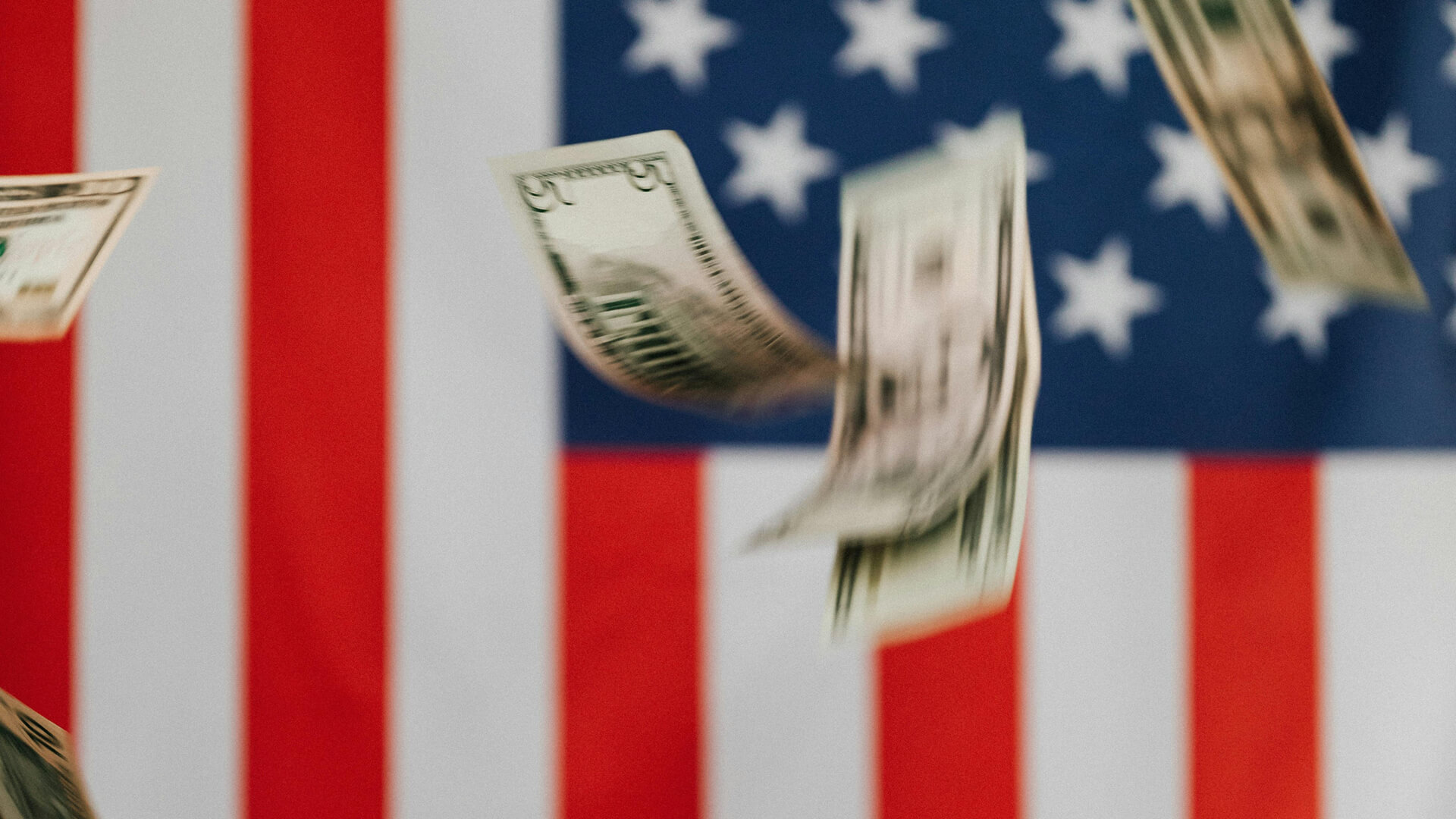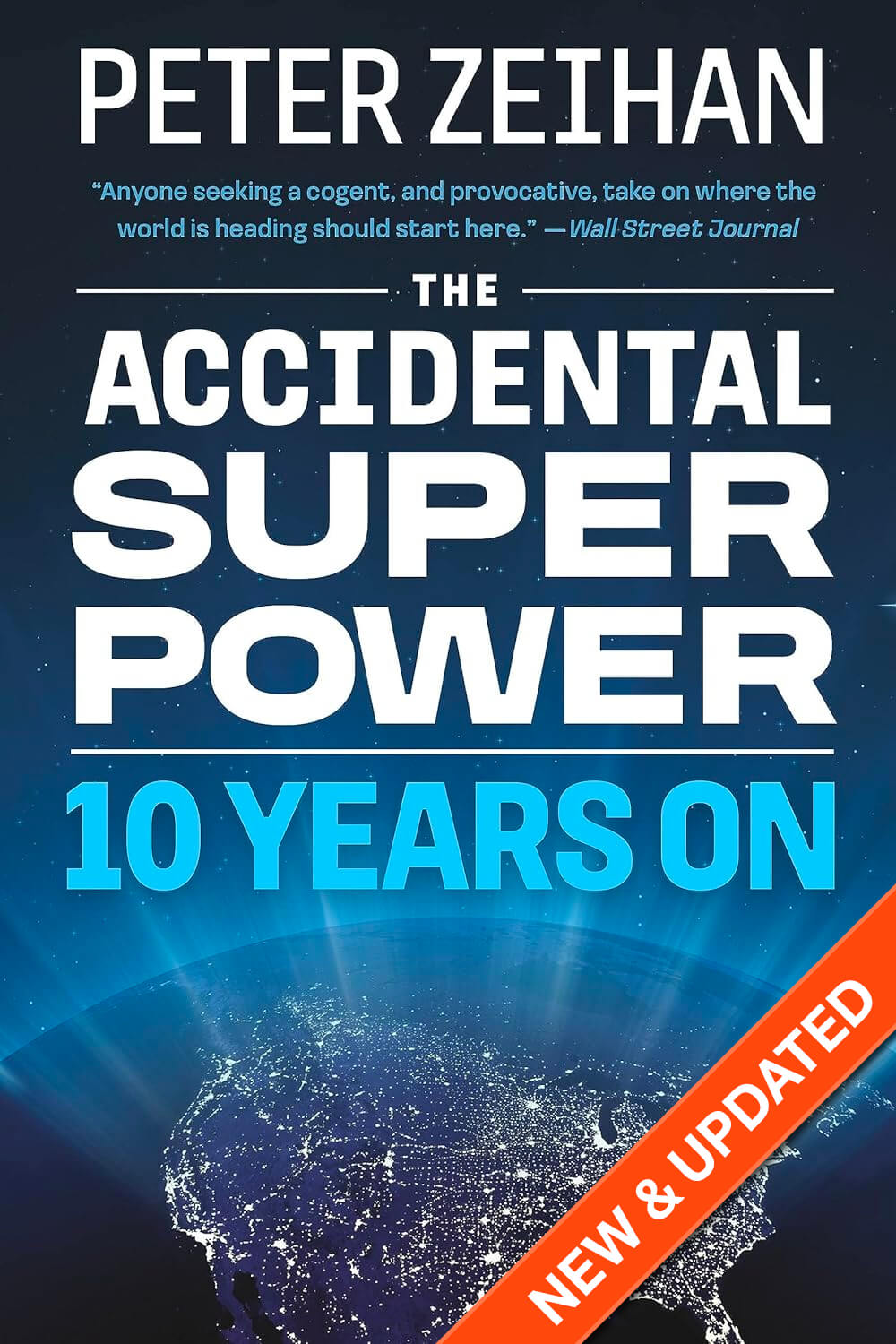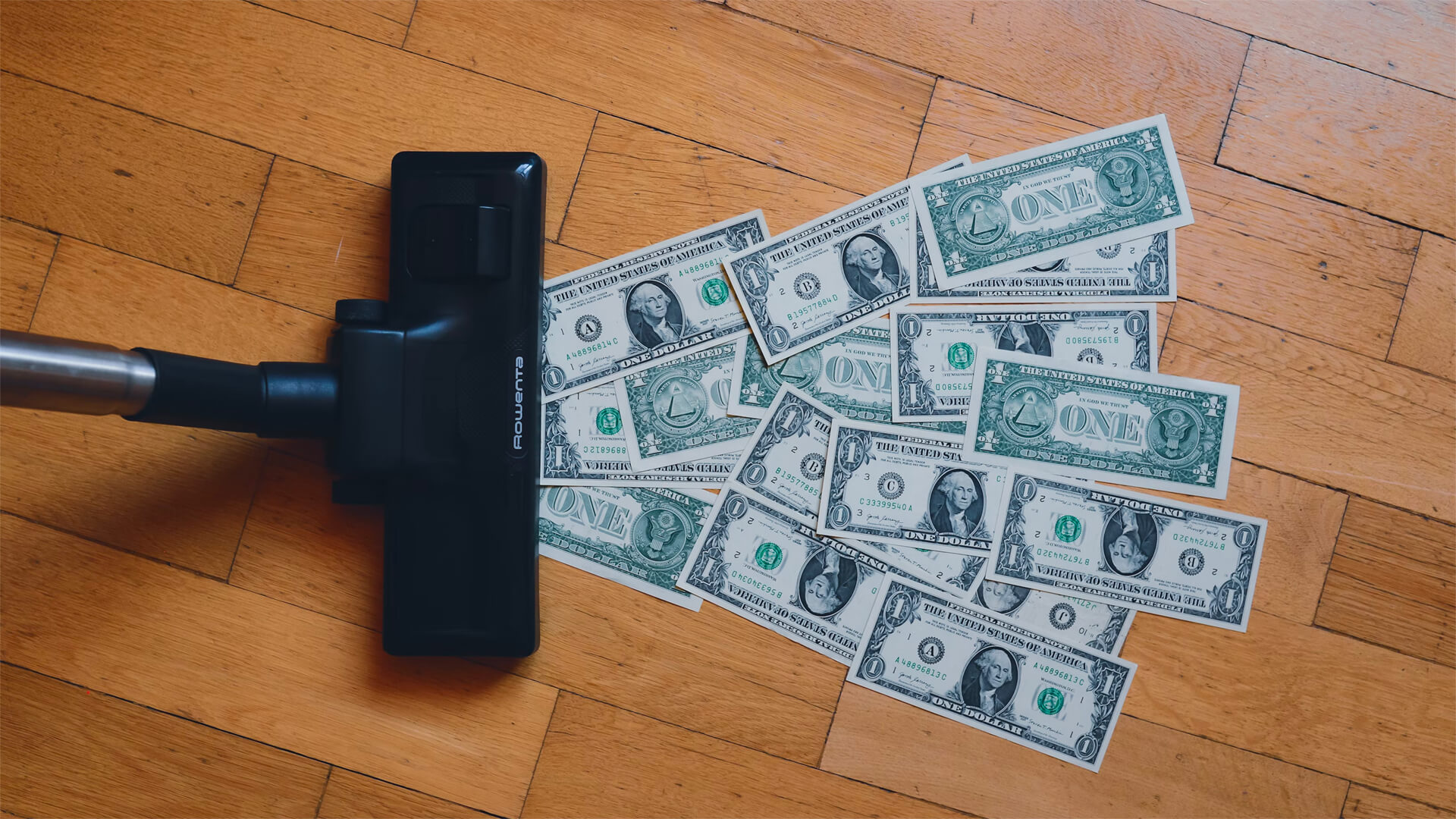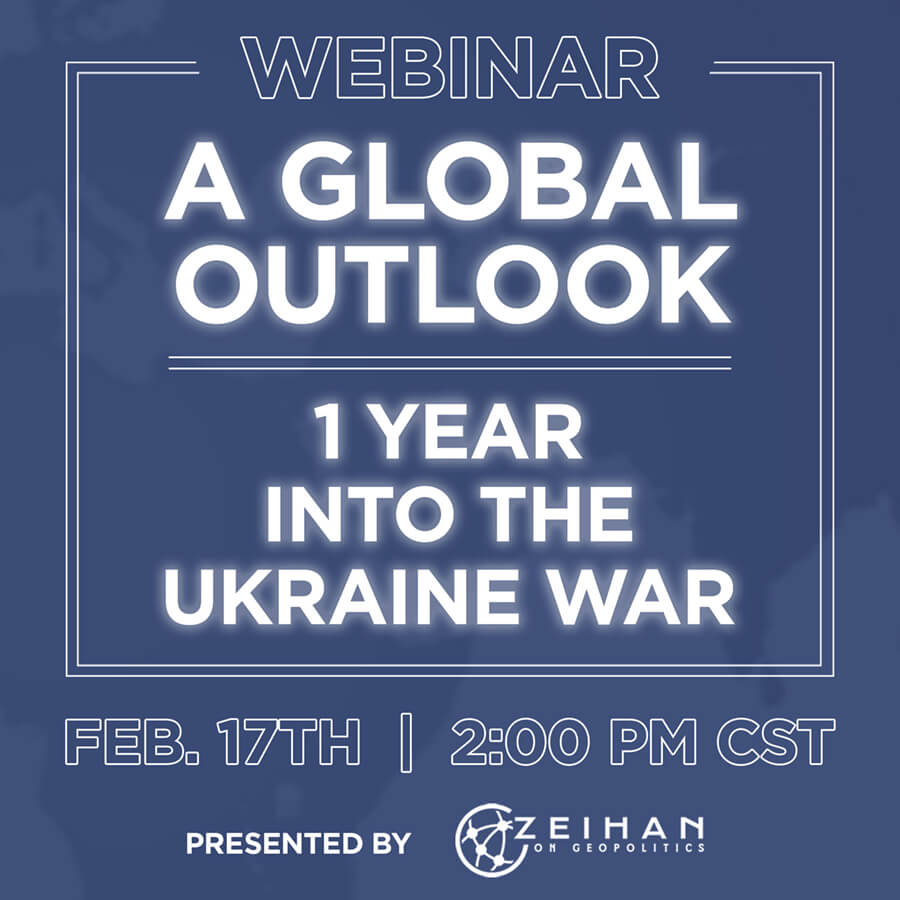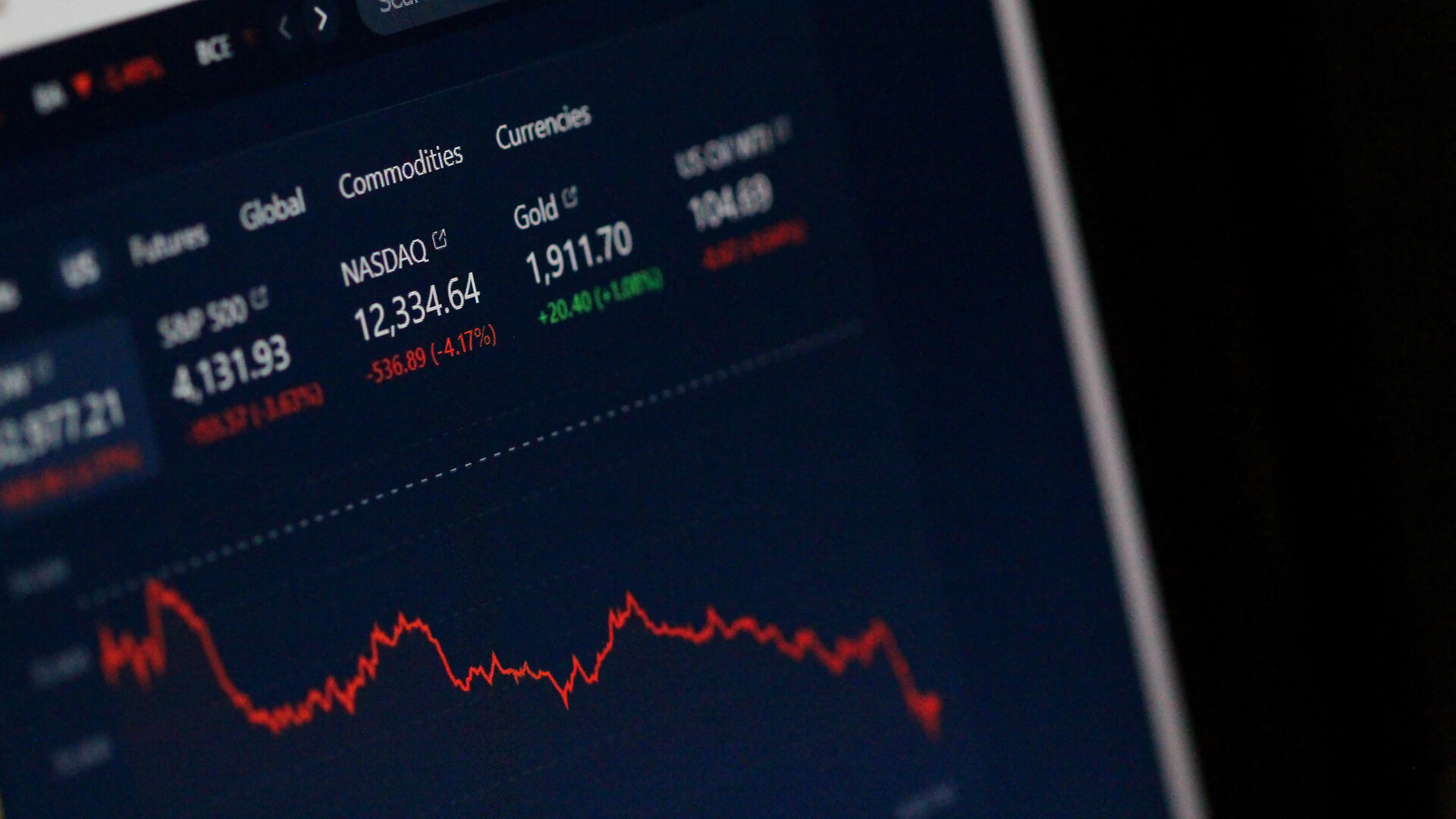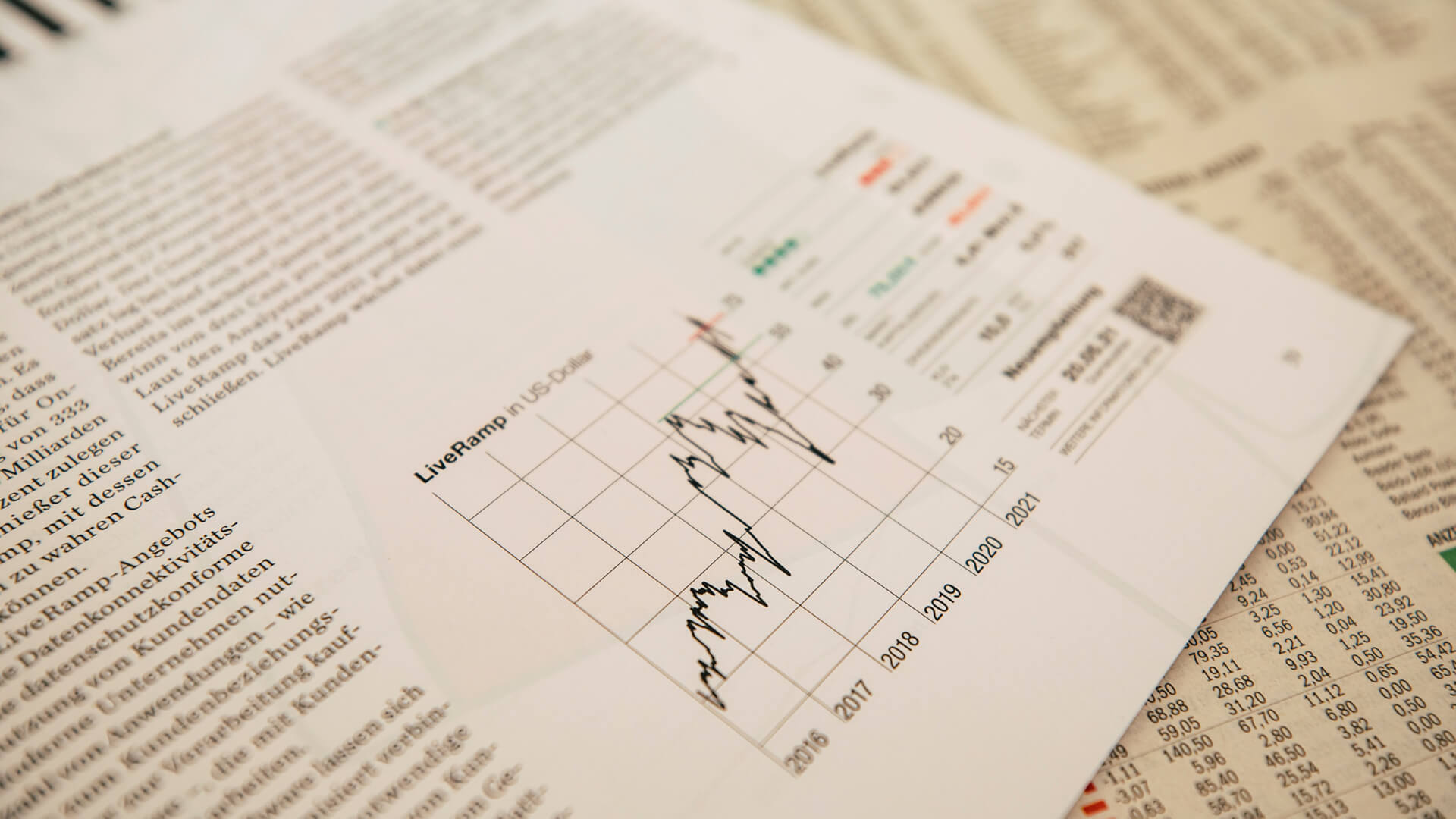For all the hungover Americans out there, I heard the best cure after a long day of drinking is to talk about inflation. Well, maybe it will just make your head hurt more, but you still have the weekend ahead of you to relax…
The Federal Reserve has been juggling lots of different things over the past few years, and attempting to keep our system balanced is no easy feat; however, the Fed’s job is just getting started. With the need for a massive industrial buildout coming down the pipe, raising rates could hinder this expansion and cause a huge swatch of problems. Then the Fed will have to factor in the decline in population growth which is creating a low-demand environment, necessitating an entirely new economic model.
So yeah, the Federal Reserve has their work cut out for them, but don’t worry too much. The Fed’s actions should remain effective and US economic growth should remain strong…if anything (like inflation) does run awry, we might see some “legislative intervention”.
Here at Zeihan On Geopolitics we select a single charity to sponsor. We have two criteria:
First, we look across the world and use our skill sets to identify where the needs are most acute. Second, we look for an institution with preexisting networks for both materials gathering and aid distribution. That way we know every cent of our donation is not simply going directly to where help is needed most, but our donations serve as a force multiplier for a system already in existence. Then we give what we can.
Today, our chosen charity is a group called Medshare, which provides emergency medical services to communities in need, with a very heavy emphasis on locations facing acute crises. Medshare operates right in the thick of it. Until future notice, every cent we earn from every book we sell in every format through every retailer is going to Medshare’s Ukraine fund.
And then there’s you.
Our newsletters and videologues are not only free, they will always be free. We also will never share your contact information with anyone. All we ask is that if you find one of our releases in any way useful, that you make a donation to Medshare. Over one third of Ukraine’s pre-war population has either been forced from their homes, kidnapped and shipped to Russia, or is trying to survive in occupied lands. This is our way to help who we can. Please, join us.
Transcript
Hey everybody, Peter Zeihan here. Coming to you from the lost wilderness in Colorado. This is Lost Canyon, which I found myself in and turned out to be a little bit more than I bargained for. Anyway, we’re taking questions from the Ask Peter Forum today. One question is about my prediction of facing several years of inflation at 10% or higher and whether the Federal Reserve should revise its policy on interest rates.
For those of you who are not financial aficionados, the prime rate is what the Fed sets. The idea is to keep it low enough to generate economic activity by making credit cheaper, but high enough that demand doesn’t get out of control and generate runaway inflation. If we’re looking at a 10% inflation rate, that’s a bit of a problem because the Federal Reserve targets a 2% inflation rate.
So, big difference. And, a little bit of rain. We’ll continue this in a minute.
During the financial crisis into Covid, we were basically at a 0% prime rate. We’ve been ticking up ever since. The Fed recently met and it’s around, let’s call it 5.5%, 6%, somewhere in there.
Anyway, the question is whether they should go higher.
Yes and no. First and foremost, the Fed is going to be wrestling with things that I can’t even imagine. So I’m not the kind of guy who says the Fed should do this or that. I would just say that the Fed has a lot of tools. As we saw during Covid and the decade before, they can use them in ever more creative ways. However, the key thing to keep in mind is that the reason we’re going to be having these high inflation rates is not necessarily because of growth per se, although that will be part of it, but also because we’re going to be doing a historically unprecedented industrial buildout. We basically need to double the size of the industrial plant and probably increase the amount of processing capacity we have for raw materials by a factor of ten. That’s going to use a lot of electricity, a fair amount of labor, and a huge amount of land. Normally, if the Federal Reserve was looking to get inflation under control, they would raise interest rates to make borrowing more expensive.
But if you do that now, you’re going to choke off that industrial expansion. We’re not engaging in this industrial expansion because we think it’s just a peachy keen idea. This is not normal economic activity. No, no, no. We’re anticipating the collapse of the Chinese and, to a lesser degree, the European industrial systems. So if we still want manufactured goods, we have to build the manufacturing plant.
If you were to raise rates in that environment, you would choke it off, and we would be left with higher costs of living because of a lack of goods rather than because of inflation. So basically, we get the worst of all worlds. There’s another reason why I’m not going to be needling the Federal Reserve to do anything specific.
That’s because the rules, as we understand them, are changing. Going back to the dawn of the first era of globalization that Columbus kicked off in 1500, economic activity on this earth has been based on more interaction, larger populations, more interconnections, greater financial penetration, more markets, and more technology. The core of all of that is more people. Well, that’s not happening anymore.
Countries as diverse as Japan, Korea, China, Taiwan, Thailand, Germany, Spain, Poland, and Russia—they’ve all aged out. It’s not that they’re going to die in the next year, although some of them are getting close, but they will never have larger populations again unless something really weird happens with migration. So if you remove that component—larger and larger populations—that has undergirded economic activity for the last 500 years, we need a new model. Because if it’s not based on population expansion and the market expansion that comes from that, what is it based on? Well, we don’t know. Any guide that we have is literally futile—500 years ago or more. So we’re going to have to figure out something new. We’re going to figure it out as we go.
Now, the advantage that the Federal Reserve has in this is that the United States is the first world country that does not face the same degree of demographic degradation as everyone else. Yes, the American birthrate has recently dropped by quite a bit. Millennials have more kids. But if we keep dropping at our current rate, we’re not going to be in the same situation as China, Germany, Korea, or Italy for another probably 40 to 60 years.
So we will get to see what everyone else does with monetary policy in an environment where there’s no demand to regulate. Because, let’s be honest here, interest rates going up and down—all that is designed to do is to regulate the amount of demand in the economy. And if your populations are declining, there’s no demand left.
So the Federal Reserve has more tools, its tools work better, and it’s a growth story. So regardless of what happens with policy, this is still a pretty positive outcome. The only way that I can see that the Federal Reserve might be forced to do something different is if inflation gets to the point that it becomes a political problem. Then the executive and legislative branches of the US government might work together to pass a law to tell the Federal Reserve what its goals are and how to achieve them.
We’re nowhere near that yet, but I would argue that’s the thing to look for—not this year, not next year, but thereafter. Alright, let’s see if I can get out of this canyon. Take care.

